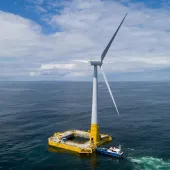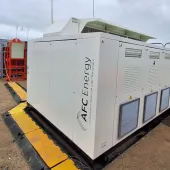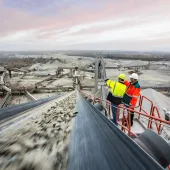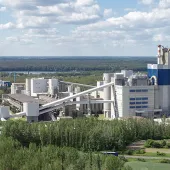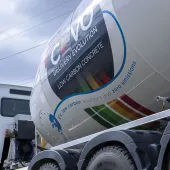Supply chain optimization reduces transport emissions
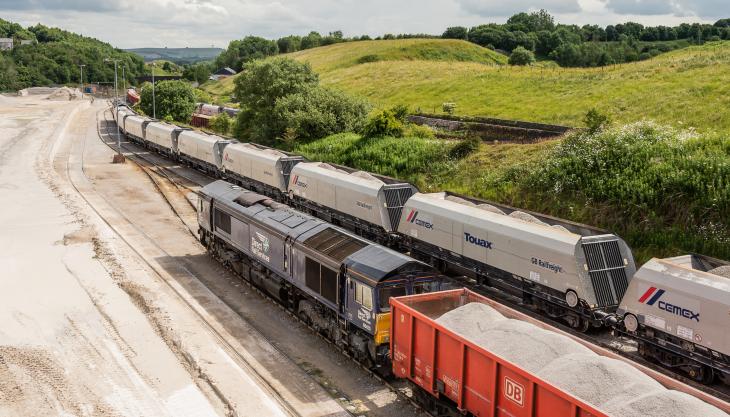
CEMEX reducing truck movements across European region in favour of rail, river, and sea
CEMEX’s commitment to decreasing CO2 emissions by reducing the numbers of truck movements made by its business has resulted in a marked increase in the use of more sustainable transport methods across the European region.
In Poland, there was a 28% increase in the volume of aggregates transported by rail over the last 12 months, with material travelling from 11 rail depots to 43 destinations across the country. Utilizing rail over road for this material offers a considerable saving in CO2, an equivalent of 31,000 tonnes.
Meanwhile, in France the business grew the tonnage of aggregates and landfill moved by river barge by 9%.
On the other side of the Channel, the UK saw a 3% rise in rail freight volumes. This saved 143,000 road movements in the and consequently nearly 17,000 tonnes of CO2 from being released into the air. Since 2012, CEMEX have increased the amount transported by rail freight in their UK operations by 50%.
Finally, Spain has grown its export-import volumes moved by ship by over 50% in just one year.
Matt Wild, supply chain vice president for CEMEX EMEA, commented: ‘We have been clear in our intention to cut the carbon emissions generated through our supply chain by accelerating a modal shift from road to rail, river, and sea freight.
‘It is, therefore, very satisfying to see how much our European operations have increased their use of these over the past year, helped by our continued investment into these networks, such as opening a new rail depot in Birmingham.
‘These efforts all play a part in our efforts to achieve net-zero concrete globally by 2050, as part of our Future in Action strategy. I am excited to see how much we can develop this growth further over the remainder of 2022.’




